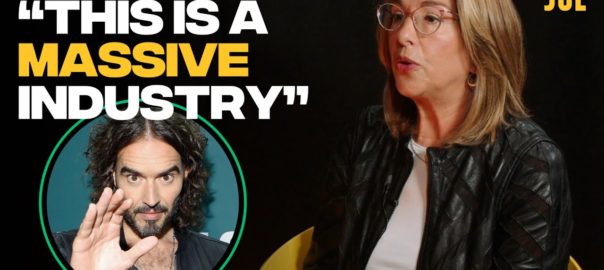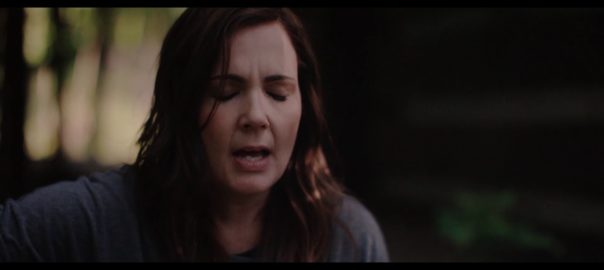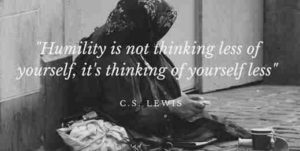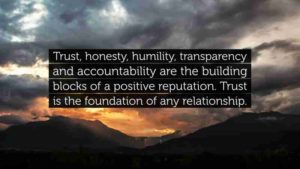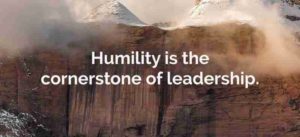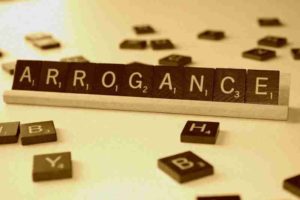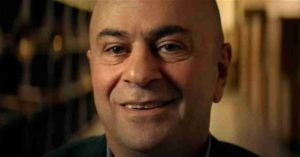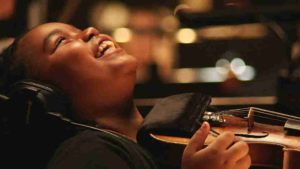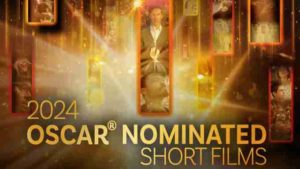UBC professor Naomi Klein: revered academic, author, social activist and filmmaker in a wide-ranging conversation, talks with PoliticsJoe’s Oli Dugmore about her 2023 book Doppelganger, A Trip Into the Mirror World, diving into the industry of conspiracy theory & right-wing propaganda in the digital age.
In the video above, University of British Columbia Associate Professor Naomi Klein — whose work within the university’s Department of Geography focuses on the intersection of crisis and political transformation, and the large-scale shocks which follow — sits down with Oli Dugmore, PoliticsJoe’s Head of Politics and News for a wide-ranging, insightful and subtly exploratory conversation on “truth” in politics.

In large measure, moreso than in Klein’s well-received previous books — 1990’s No Logo, 2007’s The Shock Doctrine, and 2017’s This Changes Everything, to name just three — Doppelganger, A Trip Into the Mirror World offers more of a first-person memoir, the book an in-depth critique and analysis of late-stage capitalism.
Down the Rabbit Hole Equation, How The Right Has Gained a Foothold Among So Many of Our Friends
Narcissism [grandiosity] x social media addiction + mid-life crisis ÷ public shaming = right wing meltdown.
Don’t be put off by the high falutin’ words above. Naomi Klein is a wonderfully engaging and entirely human scale — and dare we say, vulnerable — interview subject, whose life is not too dissimilar to yours or mine, believe it or not. Ms. Klein puts on no airs as she helps us understand where we stand as a society in the early part of the 21st century, what bedevils us, the lies which have taken in too many among us, and the threat of the far right to our increasingly fragile democracy.
For VanRamblings, the most distressing aspect of the first half of the interview above arises from the discussion Mr. Dugmore and Ms. Klein have on the attacks, the unrelenting casual cruelty to which Ms. Klein is subject — and has been subject for a very long time — from those on the right, as well as the left, as if offering an opinion, and verifiable truths, somehow translates into committing a crime, leaving Ms. Klein open to death threats and other challenges to her personal safety.
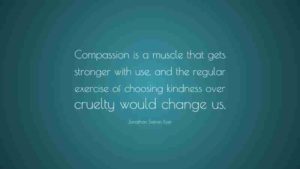
Call us naïve, but VanRamblings has never understood the motivation of those who choose cruelty over kindness as a way of bringing themselves to the world, who choose to attack over finding common cause, and acknowledging our common humanity, and our innate oneness. We find the cruelty to which Ms. Klein is subject to be disturbing, abhorrent and utterly unbecoming in a civil society.
As Angela Y. Davis, author of Freedom Is a Constant Struggle writes “Doppelganger swirls through the bewildering ideas of the ultra-right that often appear as a distorted mirror of left struggle and strategy,” as Klein’s book sets about to distill the political economies of corruption, crisis in our time, and necessary remediation.
Why Doppelganger? You’ll have to listen to the interview, or buy the book for the answer to that pungent, provocative, easily answered and heartrending question.
